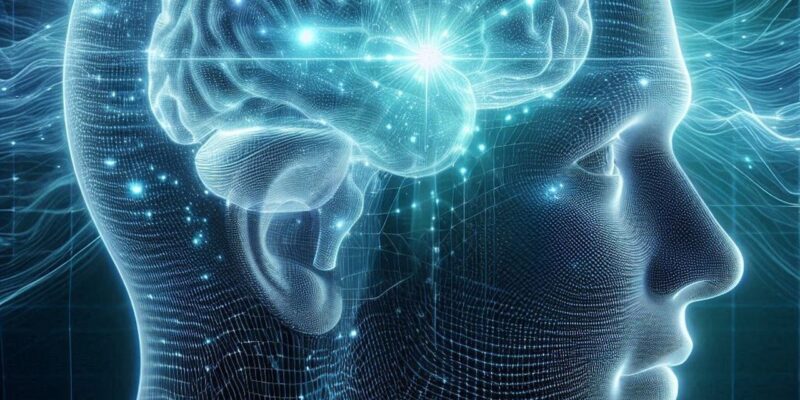
Social Media Use and Its Impact on Mental Health.
The human brain’s natural reward system is finely tuned to respond to meaningful achievements and social interactions. When individuals receive genuine praise or accomplish tasks, dopamine is released, reinforcing those behaviors. However, social media dependence disrupts this natural balance, as it provides artificial stimuli that mimic rewards without genuine accomplishment. The constant influx of notifications and superficial interactions can lead to a distorted sense of self-worth, as users equate online engagement with validation. Over time, this dependency alters the brain’s reward circuitry, making it increasingly difficult to derive satisfaction from real-world experiences. The disparity between online validation and offline fulfillment can lead to feelings of emptiness and dissatisfaction, further driving individuals to seek more digital engagement. Ultimately, this cycle can result in diminished mental health and a disconnection from authentic human experiences.

Children’s Mental Health. Mobile and Social Media Engagement.
The Importance of Mindful Digital Consumption. Mobile and Social Media Engagement and Children’s Mental Health. Child Psychologist Delhi

Obsessive compulsive disorder: treatment and recovery
Obsessive-Compulsive Disorder (OCD) is a mental health condition characterized by intrusive thoughts (obsessions) and repetitive behaviors (compulsions). These thoughts and actions can significantly disrupt daily life and cause immense distress.

Emotional Pain: Substance Use and Self-Harm
When substance use and self-harm occur together, the risks for individuals are compounded. Both behaviors can lead to physical harm, social isolation, and worsening mental health. The combination of self-harm and substance use also significantly increases the risk of suicide, as both behaviors indicate a deep level of distress and emotional turmoil.

Resilience: Learned Helplessness and Denial
Resilience is a ability to bounce back from adversity to adapt, manage and recover from the phase of challenging life situations. It is a quality that empowers us to stand comfortable, persevered, and continues move forward in life.

Alcoholic spouse: co-dependence and family mental health
The spouse of an alcoholic partner can experience a wide range of mental health challenges, further can contribute to their mental health struggles. It is important to recognize and address these issues to provide appropriate support and interventions, helping these women to regain their mental health well-being and navigate the complexities of living with an alcoholic partner
L@A
